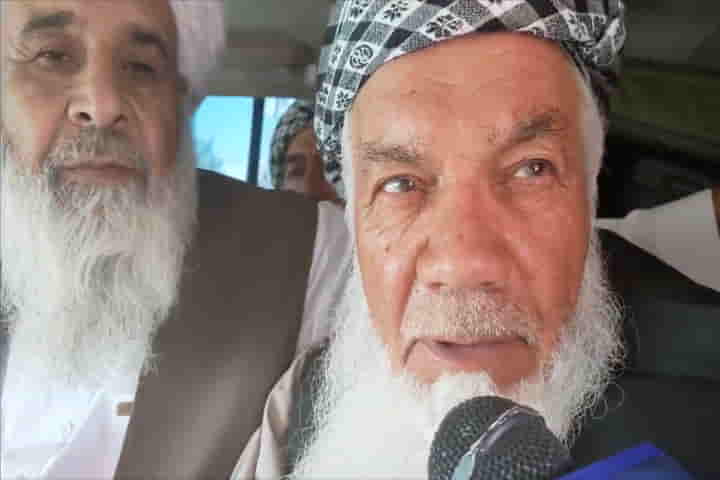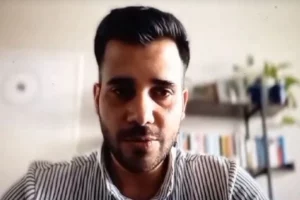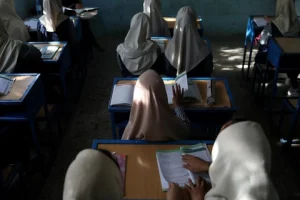Taliban fighters have seized Herat, Afghanistan's third largest city, and captured war veteran Ismail Khan, known as the Lion of Herat, in a major blow to the government led by President Ashraf Ghani.
Khan, the most prominent militia commander, together with the provincial governor and security officials, were handed over to the Taliban under an agreement, Hashimi told Reuters. He had no details of the deal.
Khan's capture, confirmed by Taliban spokesman Zabiullah Mujahid, represents the most potent symbols of the crumbling of resistance in the city. Photos and videos showing the eminent commander in the hands of the insurgents were widely shared on social media.
A spokesman for Khan later told AFP news agency the commander had been allowed to return to his residence following negotiations with the Taliban.
Khan is a battle-hardened militia commander who has participated in the country’s wars going back to the anti-government uprising that helped trigger the 1979 Soviet intervention in Afghanistan.
Also read: Will Iran support guerrilla warfare to restore military balance in Afghanistan?
He had taken over the front lines in July and his fighters had stalled the Taliban offensive at the time.
The Afghan government forces have put up little or no resistance to the rapid advance of the Taliban despite years of U.S. training and military equipment provided to them. The insurgents are closing in on Kabul, the country’s capital, which could fall in a matter of days.
In the western city of Herat, an entire Afghan army corps crumbled, with hundreds of troops handing over their weapons to the Taliban and others fleeing, according to local officials. The surrender deal was brokered, they said, by a group of Taliban leaders who met with Afghan government and security forces at the military base where they were holed up after the city was overrun on Thursday, according to a report in the Washington Post.
The Taliban’s advanced at a staggering speed on Friday and apart from Herat have seized Kandahar, the country’s second largest city and Ghazni. The insurgents now hold half of Afghanistan’s 34 provincial capitals and controlling roughly two-thirds of the country.




















